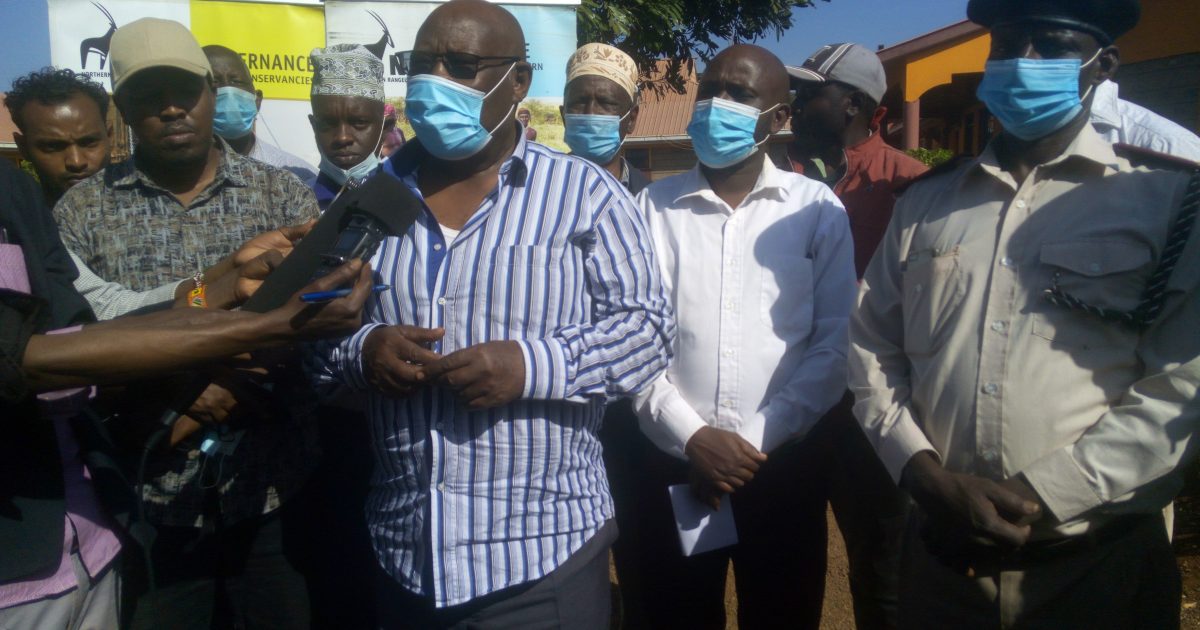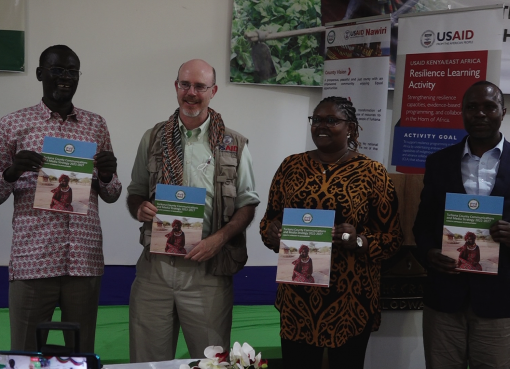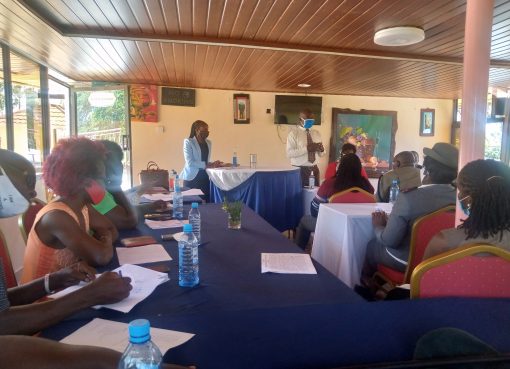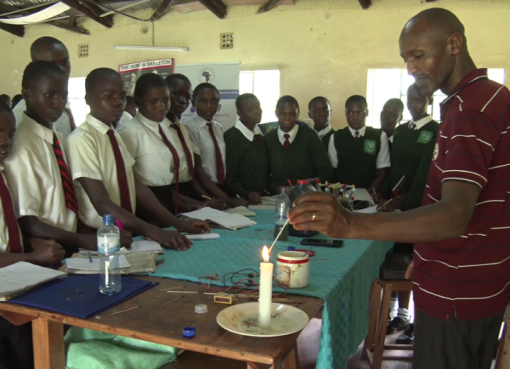The long search for the elusive peace in Marsabit County is finally bearing fruits after various communities living in the region agreed to embrace mutual trust and co-exist peacefully in the coming days.
During the fifth meeting in less than a year, by different players including government agencies to bring together peace stakeholders for three days ending Wednesday, the forum concluded with a caution that a military operation could be unleashed as recommended by the national assembly, should the warring groups fail to reconcile.

The peace building meeting initiative sponsored by the Northern Rangelands Trust (NRT) and spearheaded by former National Cohesion and Integration Commission (NCIC) chairman Francis Ole Kaparo at the Jirme Hotel agreed that those displaced in recent ethnic conflicts that rocked Marsabit Central sub-county should immediately return to their homes.
The session which carefully sought to unearth the basis of the persistent fights saw representatives from all pastoralist communities residing in Marsabit commit towards sustainable peace amongst themselves.
The participants drawn from various peace committee members from the four constituencies of North Horr, Saku, Laisamis and Moyale as well as chiefs who also resolved to foster good neighbourliness between communities through cessation of livestock theft activities.
The communities including Borana, Gabra, Rendille and Bulji among others have pitted each other over cattle rustling, grazing resources, traditional land boundary disputes and supremacy battles leading to wanton loss of lives, property and general disruption of life over the years.
The meeting through five community representatives led by Pius Yattani and Halakhe Wako, while appealing to well-wishers to assist the re-settling the displaced persons called for the arrest and prosecution of criminals behind the recent mayhem.
They further called on local authorities to ban boda boda operations at night in Marsabit town and its environs claiming that they were being hired to transport armed criminals.
“We want motorcycles, which we are convinced are being used to ferry armed criminals, barred from operating between 8 pm and 6 am,” said Wako.
In his remarks, Kaparo expressed optimism that roadmap to a lasting solution to the insecurity problem which had made peace elusive in Marsabit was finally on course and urged area residents to own the process.
The former national assembly speaker cautioned that a military operation to flush out armed criminals and mop up illegal firearms could befall the county if the residents failed to heed the call to shun hatred and coexist in harmony.
“Parliament had given a go ahead for a military operation when this kind of volatile situation rocked Moyale 8 years ago, but President Uhuru Kenyatta advised for a cordial approach to the problem,” he said, adding that the same chance given cannot be accorded twice.
Speaking at the same function, area County Commissioner Paul Rotich pointed out that ethnic conflicts and bad publicity had slowed local development as both government and private agencies shied away from the region.
Rotich urged pastoralist communities to weed out deep rooted hatred cultivated over time, especially due to incidents of livestock theft and unnecessary killings but instead embrace trust and love for each other.
The county commissioner warned against ethnic wars being propagated by keyboard warriors on social media platforms, while calling on local media to preach peace through progressive reporting.
He urged the media to help in changing the mindset of the residents by highlighting about opportunities that exist in the county especially in trade and tourism sectors.
At the same time, Rotich regretted that enormous resources in terms of time, human resource and finances were being spent on security matters instead of initiating development activities.
The Northern Rangelands Trust which has enabled local communities to establish 4 wildlife conservancies funded the forum as an enhancement to its empowerment activities.
The organization’s Programme Coordinator Alois Lekuton said the four conservancies, Jardesa, Shurr, Songa and Melako were providing an institutional framework for conflict resolution besides the socio-economic benefits derived from them.
The forum also reached out to religious leaders and urged them to preach and educate their faithful on the importance of peace.
By Sebastian Miriti





